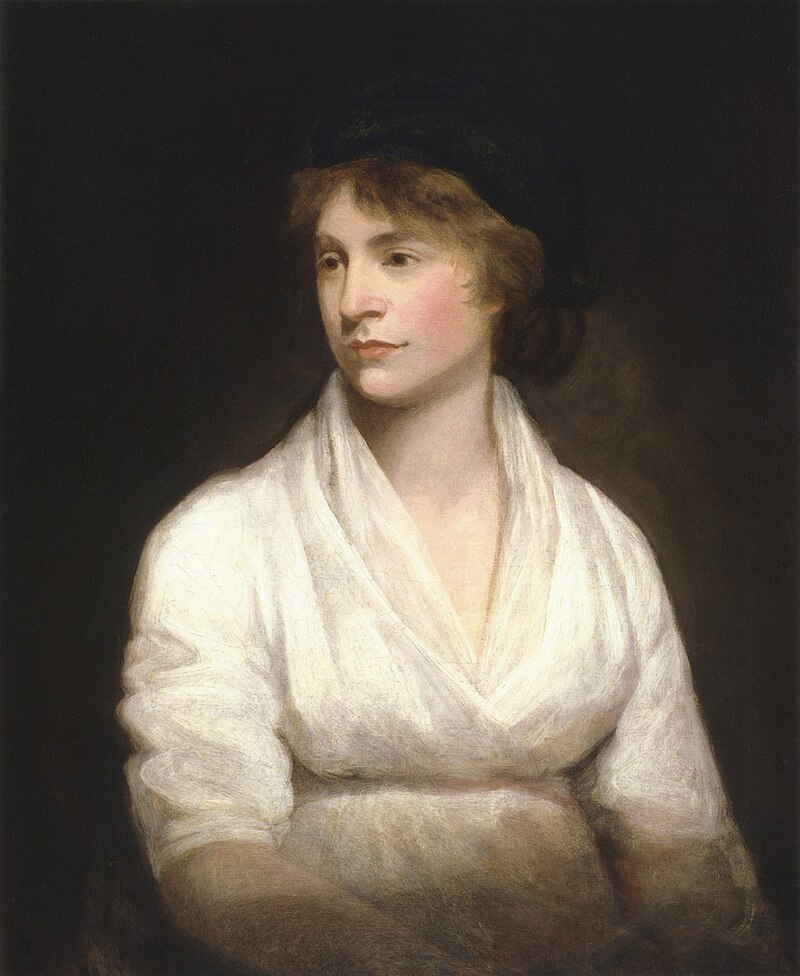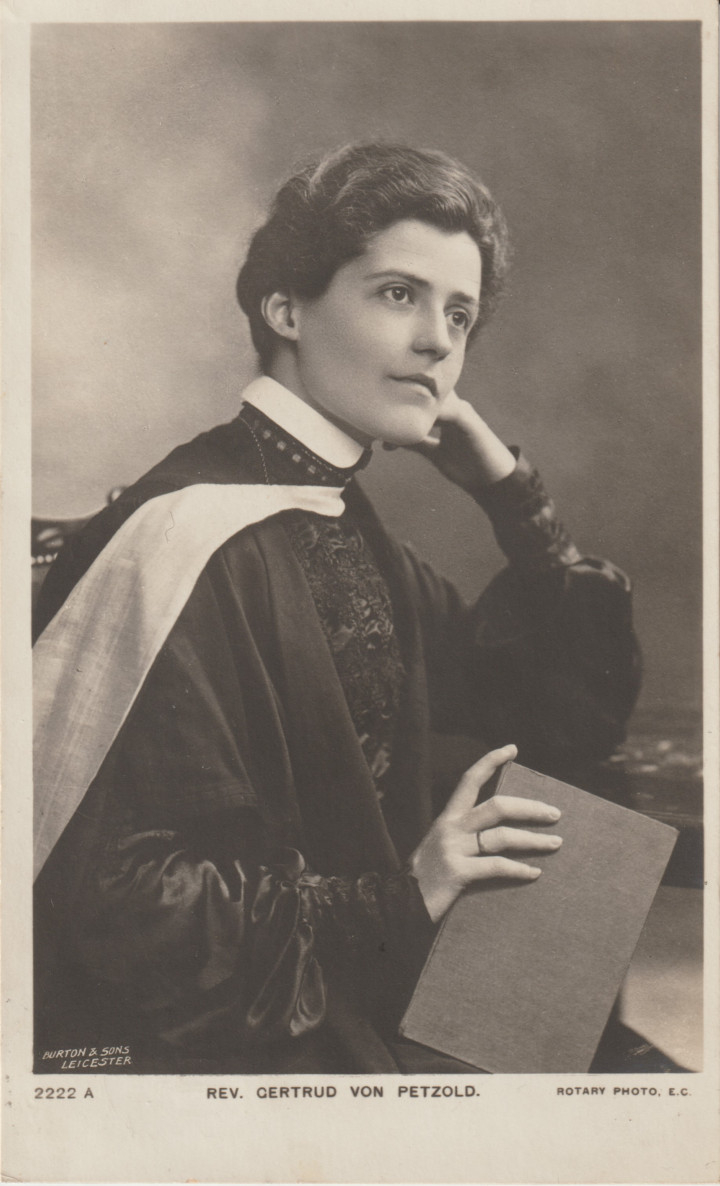
Introduction
Unitarians point to their individual conscience, lived experience and reason as the ultimate sources of spiritual authority. In our search for truth and meaning we may reach out to scriptures regarded by many as holy, as well as to secular sources: science, poetry, literature and the arts. Many of us sense that there is a one unifying spirit underpinning all existence that is greater than human understanding. Some of us may call this ‘God’; others may prefer different terms, or think of the spiritual dimension of life more as an inward encounter – the “still small voice”.
We respect our Christian origins and frequently discuss them; indeed, many of us describe ourselves as Christian. We hold Jesus in high regard as a spiritual leader, teacher and fully human example but we do not view him as ‘God-made-man’.
Nowadays, we have been able to expand our circle to include those of other-than-Christian spiritualities. Among us you will also find Buddhists, Hindus, Muslims, Humanists, Agnostics, Pagans, Earth Spirits and enquirers to name a few. There are as many individual Unitarians as there are the many flavours of our shared faith. We come together to share, learn, and encourage one another in spiritual growth. All in the context of a welcoming and affirming community.
We are suspicious of undue certainty in matters of faith. For us open inquiry, doubt, questioning and humility are valuable spiritual tools, and curiosity is, in the words of Albert Einstein, “holy”. One of the unique features of our faith is that people can and do alter or change their beliefs in the light of new understandings (and remain members of our communities!). Whatever conclusions we draw in matters of spirituality, we hold them lightly knowing that we are only ever able to encompass but a part of the great mystery of life.
What binds us together are not shared sets of beliefs but shared values.
 Mary Wollstonecraft - by John Opie (c. 1797)
Mary Wollstonecraft - by John Opie (c. 1797)Origins
Finding a starting point for a faith that does not have a founding leader or written-down creed is always something of a problem. Did we start with the first use of the word ‘Unitarian’? Or at the beginning of the Protestant Reformation? Or the early church councils? Or during the life and ministry of Jesus of Nazareth? Here are some important events that led to the development of Unitarianism as we know it today.
The word “Unitarian” was originally used to describe those who questioned the doctrine of the Holy Trinity (God the Father, the Son, and the Holy Spirit) – a position known as “Trinitarianism” – and instead professed “Oneness” or “Unity” of God.
Influenced by early Unitarian movements in eastern Europe at the time of the Reformation, the first congregation that called itself “Unitarian” in England opened in 1774 in London, although many congregations and ministers in England had already been Unitarian in their theology for well over a hundred years at this point.
We are a living tradition, which means that we constantly evolve and revise what it means to be Unitarian. Today the very term has taken on a broader meaning. We have never rejected our Judeo-Christian roots but we have expanded our horizons to encompass a wider spectrum of beliefs and wisdom traditions, and in this we are unique among faiths.
Famous thinkers from our history who either were Unitarian or greatly influenced the Unitarian movement include Michael Servetus, Faustus Socinius, Theophilus Lindsey, Joseph Priestley, Thomas Jefferson, Mary Wollstonecraft, Ralph Waldo Emerson and James Martineau, to name but a few.
 First female Minister in England - a Unitarian in Leicester.
First female Minister in England - a Unitarian in Leicester.Unitarians and Society
Although Unitarians have no particular political alliance, we are far from being neutral in the face of injustice. Our history and our present are full of examples of standing up for the marginalised, both groups and individuals. From early campaigns for the abolition of slavery, the ban on child labour, universal suffrage, gender equality and racial equality, to more recent campaigns for equal marriage and the rights of transgender people.
We were the first church denomination to appoint female ministers (with Gertrude Von Petzold becoming the first female minister in England, in Leicester in 1904), as well as being the first to appoint openly LGBTQ+ people to the ministry. We had been conducting same-sex partnership ceremonies decades before the equal marriage legislation.
Today, many congregations and individual Unitarians are committed to causes such as tackling climate change as well as campaigning for LGBTQ+ equality, antiracism, global peace, universal basic income, assisted dying, and – most recently – “algorithmic justice” and the ethics of AI. Of course, not every individual Unitarian supports all of these causes but will choose to commit their energy to ones that feel closest to them, with a realistic assessment of what can be achieved.
For further information please click on this link below


